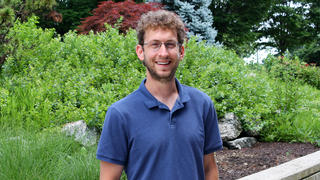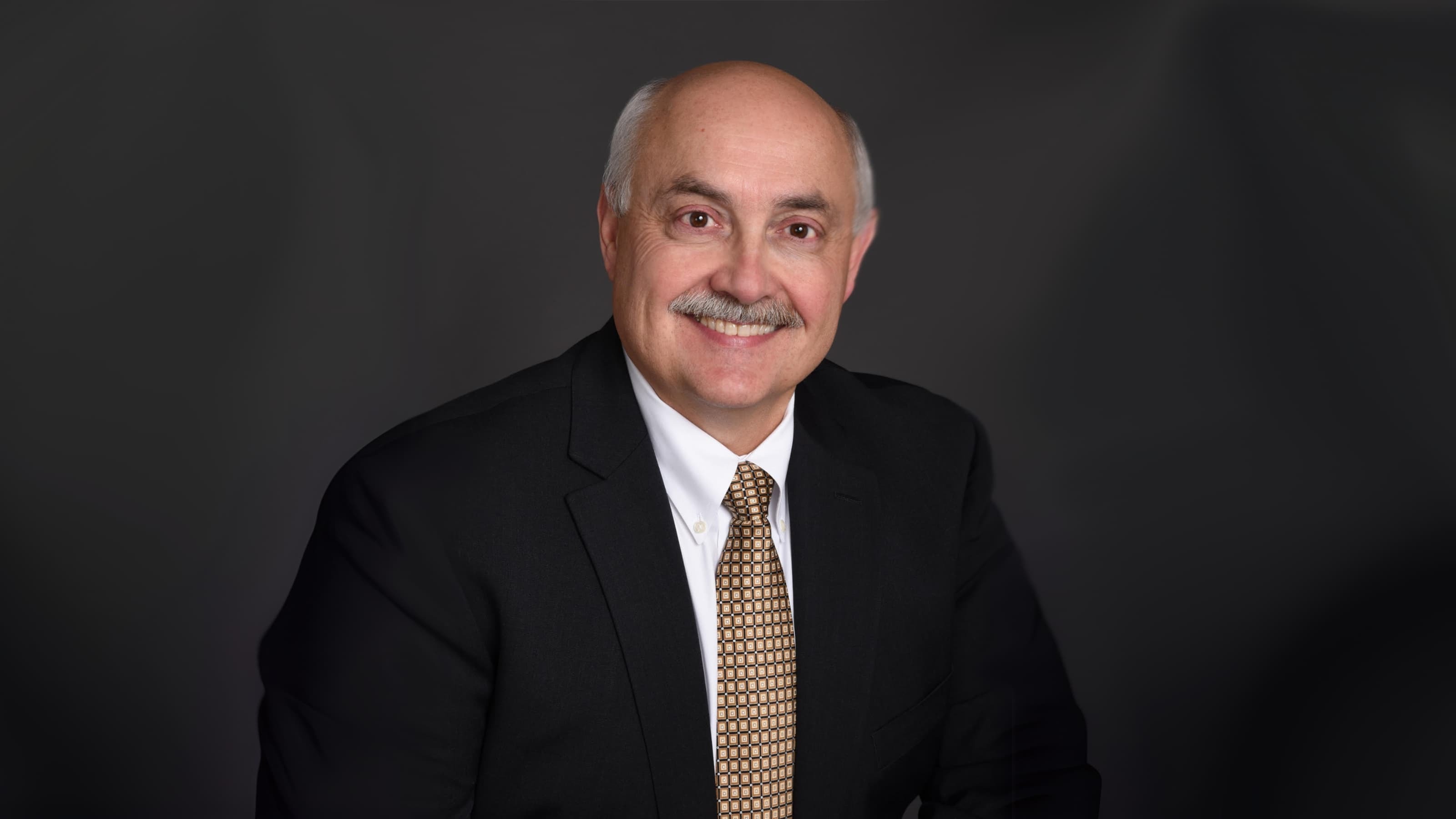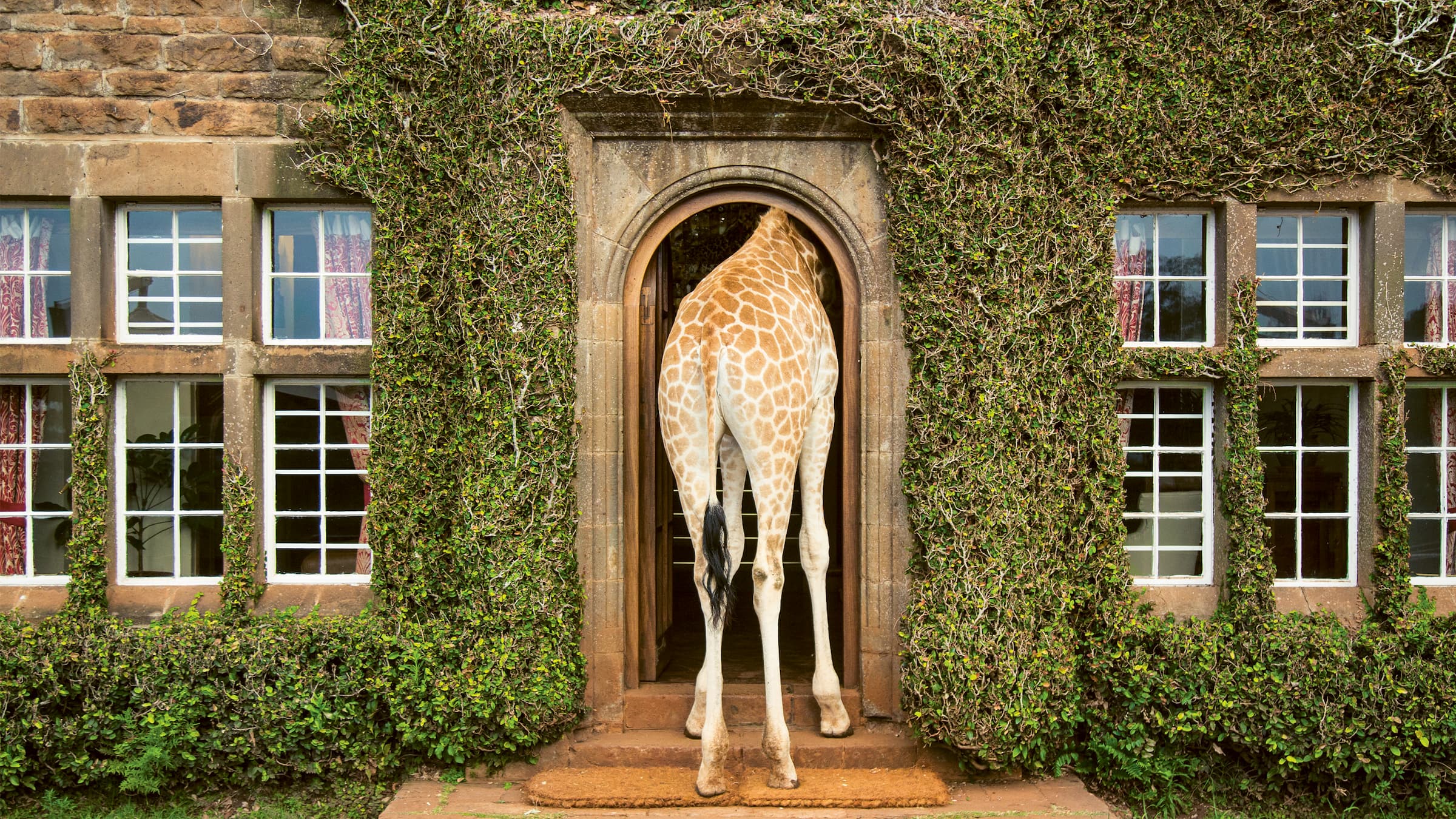Elliott Drago, Ph.D. ’06 Helps Teens Understand That They Matter
Elliott Drago, Ph.D. ’06 was recently honored with the 2021 Lindback Award for Distinguished Teachers. Drago, who doubled majored in history and education at Saint Joseph’s, sat down with SJU News to discuss teaching during COVID-19, avoiding a return to “business as usual” and helping his students recognize just how much they matter.

Elliott Drago, Ph.D. ’06 already boasts a teaching career that has run the gamut of schools in the Philadelphia area. But whether he found himself substituting in the suburbs or fighting for supplies at inner-city schools, Drago was always able to form a connection with the teenagers in his classroom.
“Students always seem to like me. I’m the oldest child in my family,” notes Drago as he muses on how he made the decision to become a teacher. “So I think I already have a pedantic streak in me. But teaching is in my blood. Every time I learn something about past generations of my family, there’s another teacher out there.”
Drago was recently honored with the 2021 Lindback Award for Distinguished Teachers, which is annually given to Philadelphia public school teachers and principals who demonstrate excellence in promoting learning at the highest levels.
Currently a history and philosophy teacher at Central High School, Drago is hesitant to boast about his achievements in the classroom when asked why he thinks he was chosen for this award.
He rattles through the obvious details — he runs Central Thon with a large group of students, which is similar to Penn State’s annual dance fundraiser, but instead of pediatric cancer, they raise funds for books and toys and have garnered hundreds of in-kind donations from restaurants and other institutions to support families in need.
“I’ve always wanted to help people,” he insists. “I really have! It was such a big part of my experience at SJU and I’ve carried it throughout my life.”
Drago does note, however, that this can be a difficult quality for him as well. Working with teenagers is challenging in its own right, but making sure they feel safe and heard can be complicated for a teacher.
“High schoolers are definitely more intellectually sound but they’re battling all these hormones and changes,” he says. “But I love seeing other people learn — watching your students begin to see the world in a new way? It’s the greatest feeling. That’s why I gravitated toward teaching high school.”
I love seeing other people learn — watching your students begin to see the world in a new way? It’s the greatest feeling.
Elliott Drago, Ph.D. '06
Central High School spent the past year learning remotely due to the COVID-19 pandemic, which has been an incredible stressor on school students, faculty and administrators alike. One of the greatest challenges, notes Drago, was approaching the social-emotional aspect of teaching through Zoom.
“Being empathic is part of my wheelhouse, it’s my natural default,” he admits. “But with virtual instruction it’s a struggle for most educators to resist using their curricular content as an escape from the social-emotional issues that might be taking place among their class. There’s a new balance to that, which I think has been difficult for teachers who aren’t used to weaving it into their lesson planning.”
The last thing students need now is a return to business as usual, insists Drago. The resources created to support students experiencing mental health crises cannot fade away once school goes back into session, he says.
In the upcoming school year, Central students are being offered an hour-long, weekly meeting — one student body, all together, discussing shared issues and concerns and simply getting back to socializing. You know, like teenagers do.
For Drago, working with students one-on-one has always been his preferred approach. It’s during these formative, high school years that most teenagers begin struggling with imposter syndrome, or questioning their achievements and feeling like a fraud. Having person-to-person interactions with someone like Drago helps them feel secure, like they belong.
When asked how he’s made himself so approachable to his students, Drago deflects by producing an anonymous student note he received for Teacher Appreciation Week this year. It simply reads, “thank you for making sure I was aware that I mattered.”
Having the ability to get through to high school students in this way does not come naturally to most and, in his modesty, Drago gives this credit to SJU’s Randall Miller, Ph.D., emeritus professor of history.
“It’s the enthusiasm,” Drago says. “Coming in with the enthusiasm of a Randall Miller, especially online, isn’t always easy but I’ve taken on his gesticulations and this passion that I think can be infectious for my class.”
When asked about his former student, Miller has trouble containing himself.
“What made Elliott an extraordinary student and, in turn, an extraordinary educator, is his unending curiosity,” remembers Miller. “It isn’t a passive curiosity, either. It’s this never-ending search that he pursues with humor and gusto. He’s not about the answers, he’s about the questions and I think that engages his students in this incredible dynamic where they are sharing this experience and, therefore, this trust together.”
It can be tough for any educator to muster enthusiasm from a high school philosophy class, especially online. But, if you’re Drago, you simply glue on a bushy moustache, don your best German accent and — BAM! — all of the sudden, your students are having a Q&A with Nietzche himself.
“So even if I’m not 100% the best teacher all the time, at least I’ve got the passion and the energy,” Drago says. “Life isn’t a spectator sport. I learned that at SJU, too, and I teach it ad nauseum.”
And that’s the insight he feels is most important to impart to Hawks now. If you really want to become a leader in this world, look at the community around you and dive in, head first.
“You’re always going to have support from your professors at St. Joe’s,” says Drago. “You just have to be sure you’re capitalizing on this time — you can make such a difference by taking advantage of the opportunities around you on campus. Take charge and change a world,” he urges. “It doesn’t have to be the entire world.”



